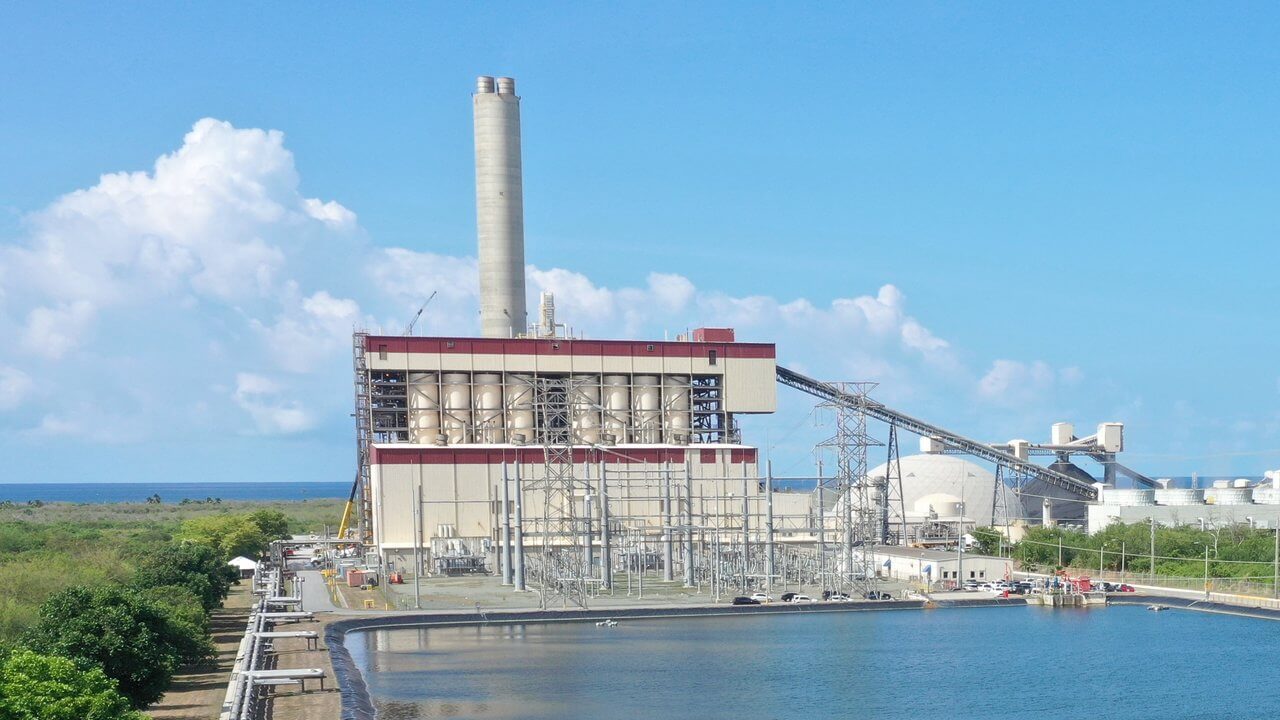Contract between Puerto Rico’s government and coal-fired plant operator leaves residents in the dark
The contractual agreement between the government of Puerto Rico and the operator of a coal-fired power plant has cast a shadow over residents, leaving them grappling with uncertainties and concerns about the implications of this controversial deal. The opacity surrounding the contract has become a source of frustration and skepticism among the public, prompting calls for transparency, accountability, and a thorough examination of the agreement's potential impact on the island's environment and energy future.
At the heart of the issue is the lack of transparency surrounding the terms and conditions of the contract between the government and the operator of the coal-fired plant. Residents, environmental advocates, and concerned citizens are left in the dark about critical details that could significantly affect Puerto Rico's energy landscape. The absence of clear information about the duration of the contract, financial arrangements, and environmental safeguards raises legitimate questions about the government's commitment to openness and public engagement.
One of the primary concerns revolves around the environmental impact of continuing reliance on a coal-fired power plant. Globally, there is a growing consensus on the need to transition towards cleaner and more sustainable energy sources to combat climate change and minimize the ecological footprint. The lack of transparency regarding the terms of the contract hampers the public's ability to assess whether the agreement aligns with Puerto Rico's broader environmental goals and commitments.
Moreover, residents are questioning the economic implications of the deal, seeking clarity on financial arrangements and the allocation of costs. The financial health of Puerto Rico and its residents is a matter of paramount importance, especially considering the challenges the island has faced in the aftermath of natural disasters and economic crises. The lack of transparency in the contract creates a vacuum of information, leaving residents uncertain about the potential impact on utility costs and public finances.
The frustration among residents is compounded by the perceived lack of consultation and input in the decision-making process. Transparent governance involves engaging the public in decisions that have far-reaching consequences, particularly in the realm of energy policy. The opacity surrounding the coal-fired plant contract raises questions about whether the government adequately sought public input and considered alternative, cleaner energy solutions that align with the desires and needs of the community.
Calls for greater accountability and transparency are resonating not only among residents but also within civil society and environmental organizations. The coal-fired plant's impact on air quality, water resources, and overall environmental health has long been a subject of concern. The lack of accessible information about the contract hinders the ability of these groups to assess the extent to which environmental safeguards are incorporated and whether the agreement adheres to established environmental standards.
To address these concerns and restore public confidence, there is a growing demand for the release of the full contract details. Transparency in this regard is not only a matter of good governance but also a way to foster trust between the government and its constituents. Public access to information allows for informed debates and discussions, empowering residents to actively participate in shaping the energy future of Puerto Rico.
The situation also underscores the broader need for a comprehensive and forward-thinking energy policy for Puerto Rico. As the world transitions towards cleaner and more sustainable energy sources, the island's energy strategy should align with these global trends. A transparent and participatory approach to policymaking ensures that the energy landscape reflects the aspirations of the community while addressing environmental and economic considerations.









